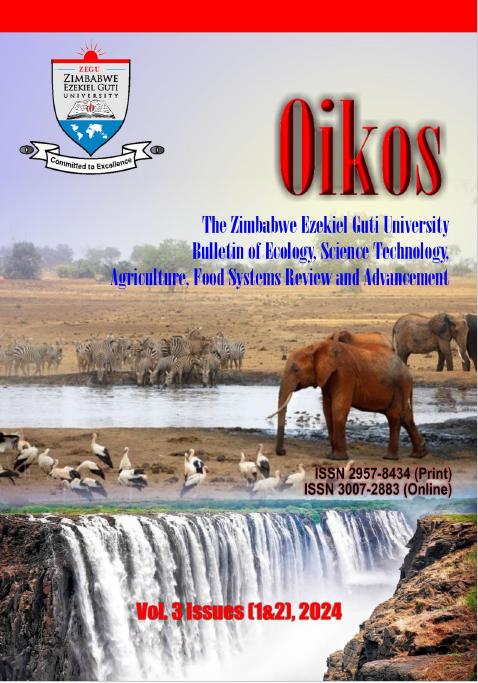Dynamics of Digital Pedagogies in Geography Education at Institutions of Higher Learning in Zimbabwe
DOI:
https://doi.org/10.71458/vkfwvh48Keywords:
Digital pedagogies, geography education, institutions of higher learning, curriculum implementationAbstract
This study aims to critically explore the matrixes of digital pedagogies in geography education at institutions of higher learning. Explicitly, this article examines how digital pedagogies are implemented in the geography education. Across the globe, modern learning processes have been metamorphosed by digital technologies facilitating tailored educational paths that cater for individual student needs and learning styles. Both educators and students ought to increase their skills to navigate through the dynamic educational and pedagogical environments. This is a paradigm swing from traditional, classroom confined learning methodologies. While there are several benefits of digital pedagogies, there are numerous challenges that comes with its implementation for instance; the need for continuous professional development for educators, need for critical engagement with digital content and calls for the reworking of old pedagogical backgrounds. To explore these dynamics in digital pedagogies in geography, the Rogan and Grayson 2003 curriculum implementation theory acts as the basis that grounds this study. A mixed method approach was used in this study as it caters for both quantitative and qualitative data. Data are collected from the geography educators through the use of questionnaires, observations and document analysis. Statistical analysis of data together with thick description is utilised in data analysis.




